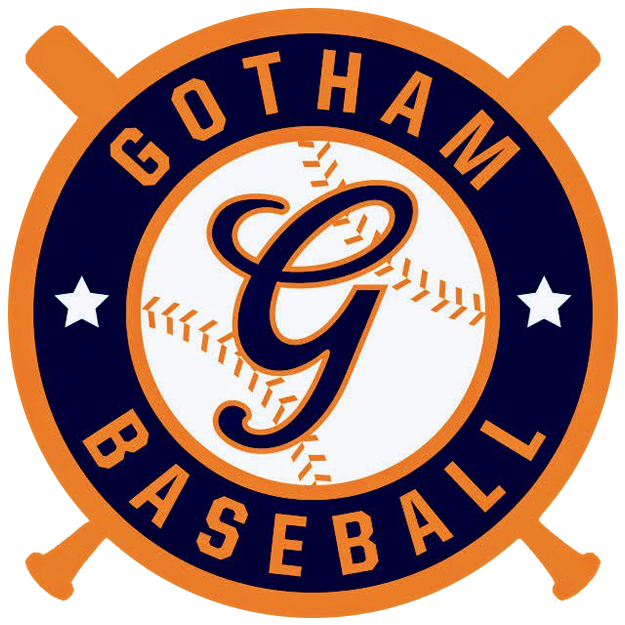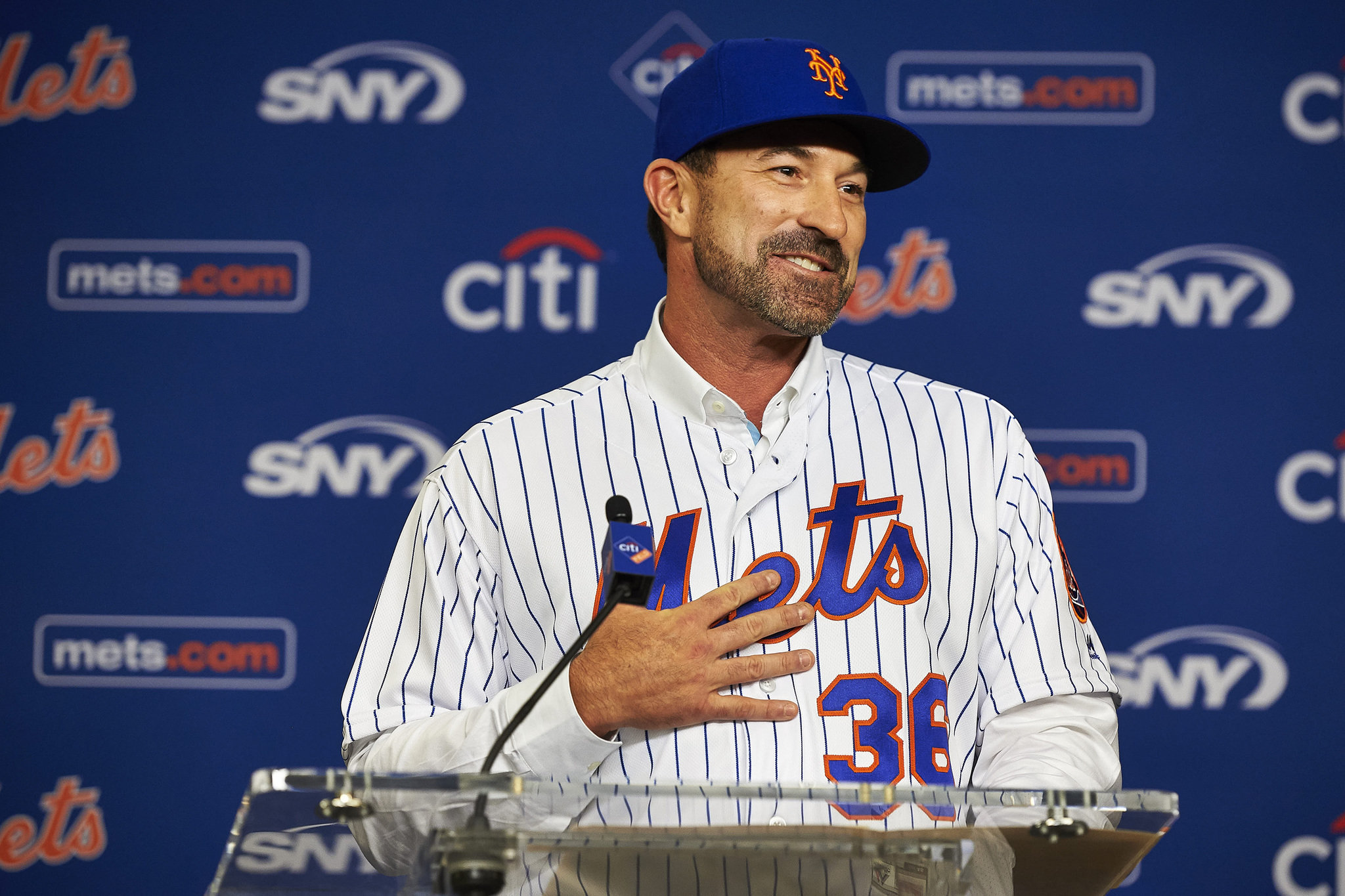Flashes of brillance, followed by much longer periods of darkness. It’s a cycle that the New York Mets have experienced throughout their existence. Since the turn of century, it’s never been more evident that the way this team is built, operated and maintained on a daily basis, is flawed. In a series of articles written exclusively for BaseballDigest.com, Online Editor Mark Healey, who has covered the Mets since 1998, tries to explain why.
“It wasn’t too bad at first, because Nelson (Doubleday, the Mets’ co-owner) expected it to happen, and maybe even wanted it to happen,” said a former Mets front office member who now works for another club. “But as time went on, and the team didn’t win another World Series, Nelson started to regret (the partnership).”
Frank Cashen, who had worked “without any real input” from ownership before the 1986 championship, now an image-conscious Fred Wilpon “very, very involved” with every player transaction. Despite protestations to the media over the years, and hundreds of references to the “baseball department”, Wilpon, according to many former Mets’ employees, has always made his wishes known to his GMs.
“Nelson really started to remove himself from the day-to-day operations of the club,” another former team official said. “He was always reluctant to tell the baseball what to do, and he thought Fred was out of line. But to keep the peace, he backed off.”
With little resistance from Doubleday, Fred Wilpon sent the message to Cashen that offseason; start weeding out the undesirables.

